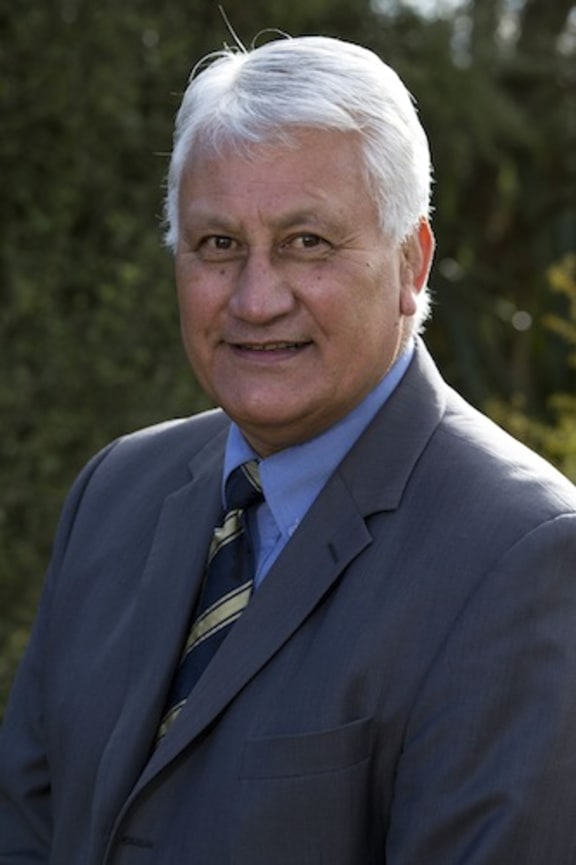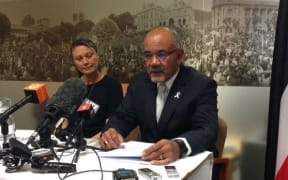The Māori Affairs Committee is urging Māori to have their say and tell Parliament what they think about proposed changes to the Ture Whenua Māori Act.
The government said the new bill replacing the Ture Whenua Māori Act was designed to make it easier for Māori land owners to make decisions about how they use their land, and consultation was a key part of the reforms.
It said the bill aimed to support owners to make good use of their land, with a focus on owners retaining land while recognising the importance of tikanga Māori.
Treaty negotiations minister Chris Finlayson said Māori land had the potential to produce up to $7 billion dollars in value.
Māori freehold land makes up 5.5 percent of all land in New Zealand, with most of it in the northern and eastern areas of the North Island.
However, the bill received a frosty reception from some tāngata whenua and the Waitangi Tribunal backed claimants' views there had not been enough consultation and consensus to alter the Act.
Despite that, the chair of the Māori Affairs Committee Tutehounuku Korako called on tāngata whenua to engage in the submission process.

Tutehounuku Korako Photo: SUPPLIED / National Party
Mr Korako said the committe would travel widely across the motu (land) to hear all of the opinions and concerns Māori had kanohi ki te kanohi (face-to-face).
Some Māori groups were left unimpressed when the Treaty negotiations minister Chris Finlayson dismissed the Waitangi Tribunal's critical report on the bill as 'bizarre'.
But Mr Korako said the committee would be making its own mind up and the bill succeeding was not a done deal.
"I think with all due respect, the ministers are the ministers and they make their comments."
"The Bill has gone into the House, there is the first reading. It now comes down to the Māori Affairs Select Committee, this is our bill.
"So it's about ministers and their imput, about what they've said, but what we're saying and what I'm saying on behalf of the Māori Affairs Select Committee is that it's up to us to really hear all of the concerns that are out there, and as I say, we will make an informed decision," he said.
Mr Korako said the committe particularly wanted to hear from iwi based, hapū based, whānau based groups as well as individuals.
Previously Labour's Ikaroa-Rawhiti MP, Meka Whaitiri, said realistically, Māori very rarely participated in that process, so it looked like the changes would stick - whether Māori like it or not, but Mr Korako rebuffed that criticism.
"The important thing is that we will go out and assist our people as much as we can so that they will find it easier to submit to the Māori Affairs Select Committe.
"One thing that I'm about as the chair is that whoever submits, one of the most important things to listen to is those who do not agree with the particular tāke (matter) before us.
"They're the ones that we really need to all listen to because a lot of those things that they're saying have a lot of credence as we saw with the Māori Language Bill/Te Reo Māori Bill and we've seen in a number of others, particularly across the various Treaty settlements as well.
"Hopefully our people understand that it's actually about having a voice and it will be listened to."
Submissions close on 23 June.


